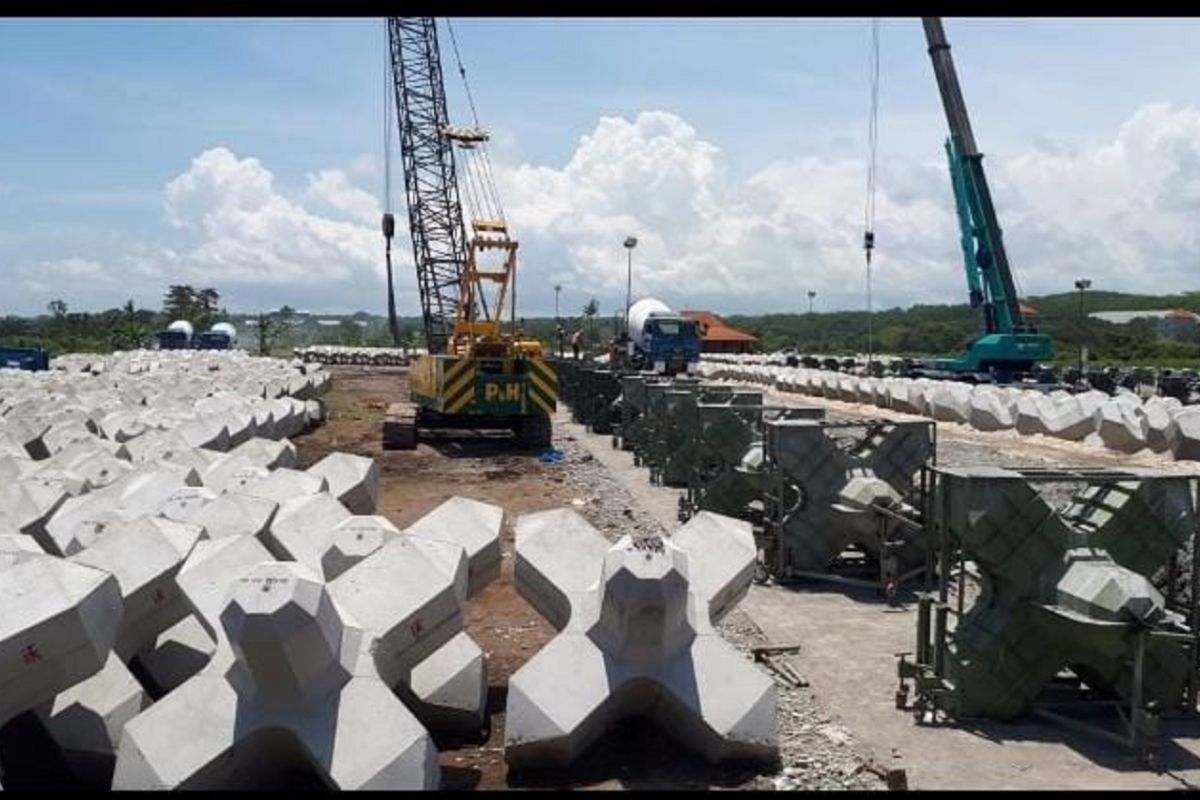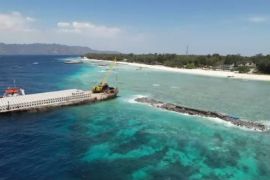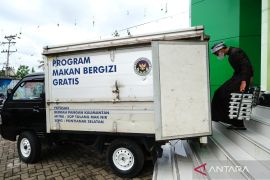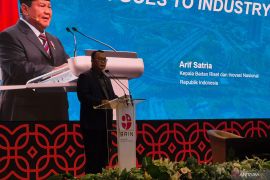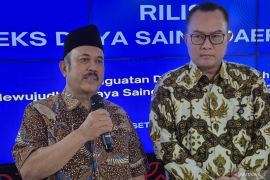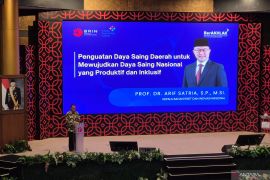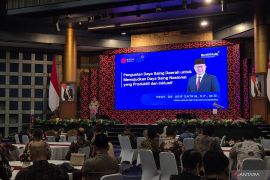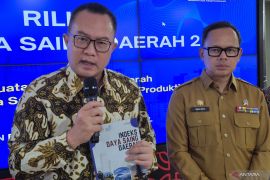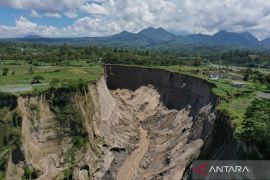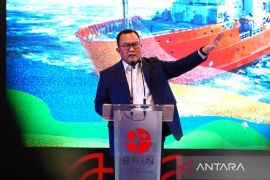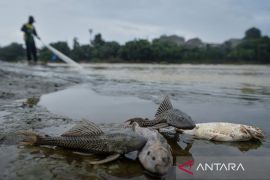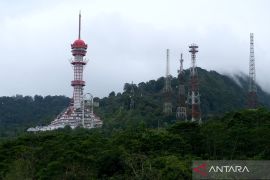According to Head of BRIN's Port Infrastructure and Beach Dynamics Technology Center (BTIDP), Widjo Kongko, the BPPT-lock has been installed in the Pacitan steam-electric power plant (PLTU) area in East Java.
Other breakwater installations are still in the development process, such as at the Sanur Port in Bali, and will soon be used in TPPI Tuban, a state-owned oil and gas sub-holding.
"Installation of the nation's products and its technology should be spread wider," he stated when ANTARA contacted him from here on Monday.
Kongko noted that the breakwaters function as protection layer units in ports and beaches across Indonesia.
The BPPT-lock is a unit of layers to protect infrastructure in seaside areas, such as ports, tourist attractions, and resident settlements.
The BPPT-lock technology has been developed when BTIDP was still under the Agency for Assessment and Application of Technology (BPPT) and even until BPPT was integrated with the BRIN on September 1, 2021.
Related news: Government to build 500 meter long breakwater in Kupang
According to Kongko, the BPPT-lock has top hydraulic stability, with a strong structure. Its installation is also easy, as it can be managed both regularly and erratically.
He noted that the need for concrete materials to build the BPPT-lock is lesser than that of other types of protected layer units owing to the smaller number of units per structure area and dimension.
Moreover, it is built in a protected layer unit on the beach or port, with its weight adjusted to the wave plan.
Owing to its heaviness and joint locks, the BPPT-lock is able to hold or break the wave energy.
Kongko explained that installation of the BPPT-lock on beaches and ports should be preceded by detailed studies, such as hydro-oceanographic surveys for evaluating wave currents, bathymetry surveys for sea depth, site plan investigations, and design of port or coastal protectors.
Related news: Endemic corals need to be protected from bleaching: BRIN
Translator: Martha S, Kenzu T
Editor: Rahmad Nasution
Copyright © ANTARA 2021
